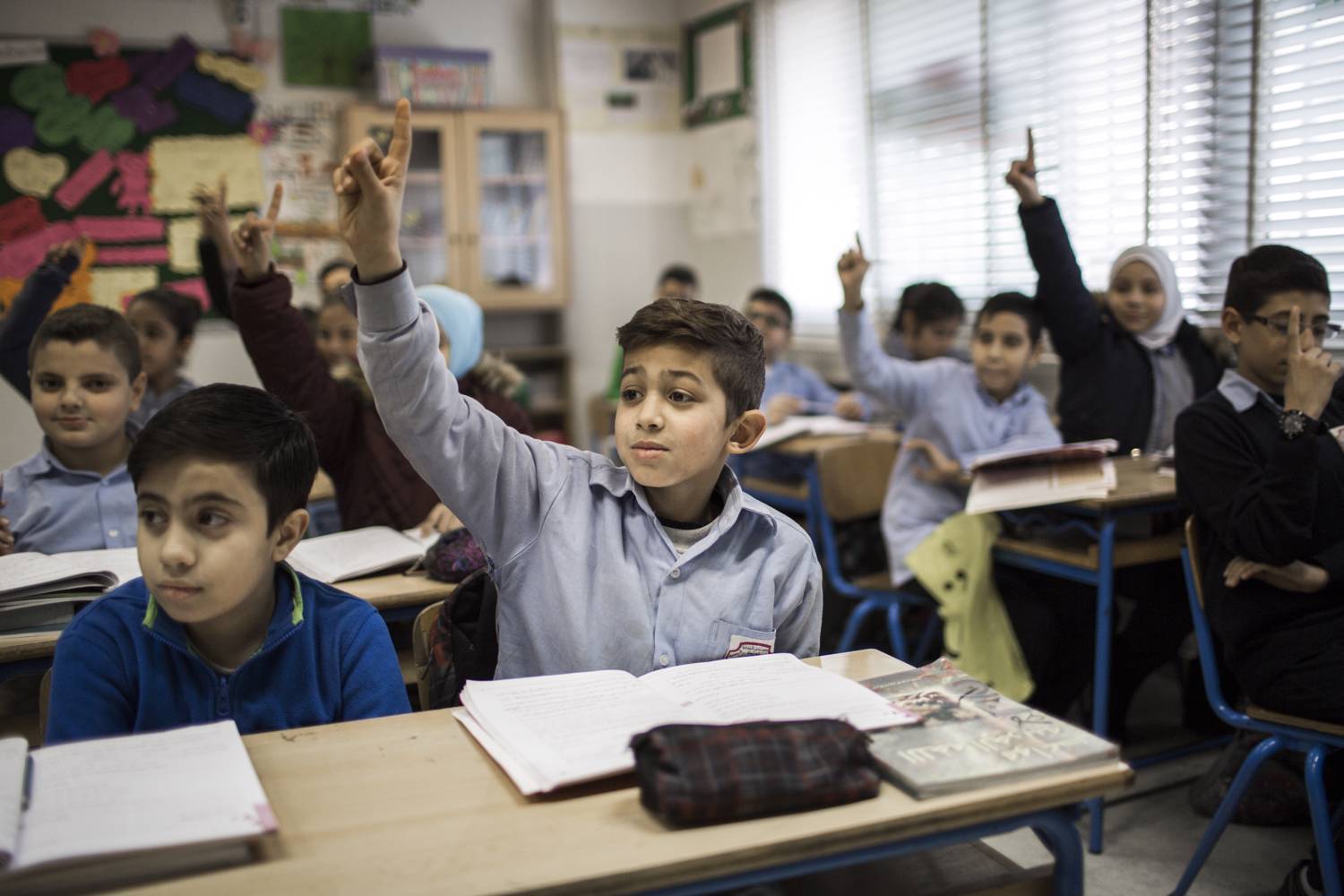
This academic workshop focuses on education of refugee children and children living in protracted conflict within and beyond the national frame. Call for abstracts - deadline 15 January 2020.
Education in conflict and crisis is a crucial instrument to protect children and youth in the near-term and foster peaceful coexistence over the longer-term. But how can education enable individuals and communities to build durable futures when there is great uncertainty about where these futures will be? Worldwide, refugee children and children living in protracted conflicts are caught between the global promise of education for all (SDG4) and the limitations of education provision within nation-states: they are non-citizens or liminal citizens who cannot access the durable futures that education promises to them. Nation-state-centric models of education focus on shaping new citizens with a sense of rights, belonging to and participation in the nation-state, while refugee and other displaced children in regional contexts often will not have access to the citizenship underlying the content of the curriculum. How does education impact the aspirations of children and their communities, and to what extent do these aspirations match opportunities? In particular in protracted refugee and conflict situations, where are futures envisioned, and how do these relate to past and present experiences? How do national governments, international organizations, local stakeholders, and diaspora relate to these issues? We aim to debate these and other questions in an academic workshop that brings together scholars with a wide background of disciplines, methodological approaches, geographical interests and thematic expertise.
Expected contribution: In order to facilitate targeted contributions that address the core theme of the workshop, we ask participants to prepare papers of 5 000 – 8 000 words. The written contributions will be circulated to participants in advance, but will not be posted online. A post-workshop publication with a selection of papers is envisioned.
Format and costs: The workshop will have a limited number of participants and will not be open to the public (15-20 participants in total). Selected participants must cover their own travel expenses. The organizers will cover accommodation (3 nights) and meals for the duration of the workshop.
Context and host: The workshop is organized in conjunction with the research project ‘Refugee Education: Building Durable Futures’ (REBuilD), which is funded by the Research Council of Norway. It is convened by the REBuilD research team. Timeline
- Deadline Call for Abstracts – 15 January 2020
- Notification of selection – 1 February 2020
- Deadline Draft Papers – 10 May 2020
- Arrival in Oslo – 17 May 2020
- Workshop dates – 18-20 May 2020
- Departure – 20 May 2020 (afternoon)
Please submit abstracts (200-250 words) via the online form by 15 January. You will also be asked to fill in your name, discipline, institutional affiliation, position and gender.





